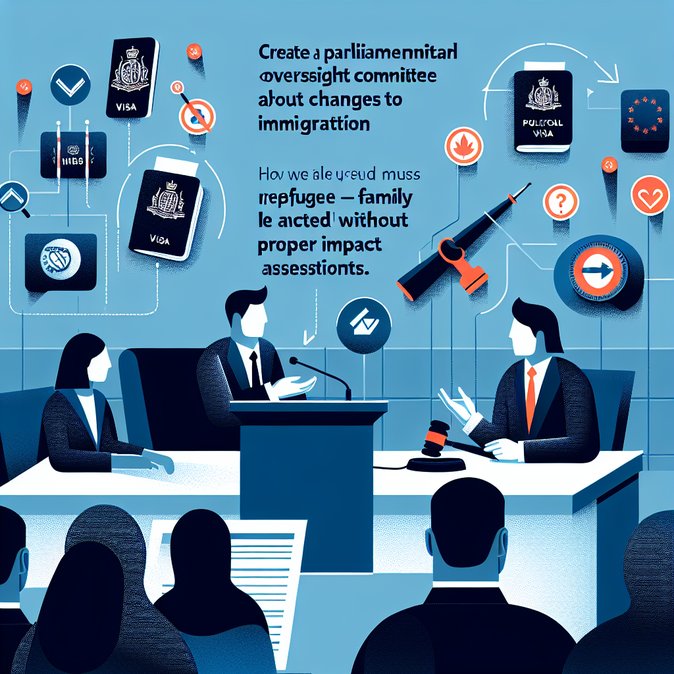
At 16:00 BST today, the Secondary Legislation Scrutiny Committee of the House of Lords will question Mike Tapp MP, Minister for Migration and Citizenship, over the Home Office’s growing use of secondary legislation to overhaul visa rules without publishing impact assessments.
Peers will focus on two contentious measures: the 1 July change that raised the Skilled Worker skill threshold to RQF 6 and removed the Social Care visa route for new applicants, and the 1 September suspension of refugee family-reunion visas. Both were laid before Parliament without quantitative analysis of labour-market or humanitarian effects.
Businesses have complained that July’s narrowing of the occupation list left them little time to adjust recruitment pipelines; transport operators lost the ability to sponsor Rail Travel Assistants overnight, and care-home owners report acute staffing gaps. The government argues that a subsequent review by the Migration Advisory Committee will provide evidence in due course, but committee members say policy should not be “legislate now, evaluate later.”
Today’s session could lead to a rare motion of regret or a recommendation for a ‘sifting’ process that would force the Home Office to supply impact data before future rule changes. Should the Lords demand stronger scrutiny, employers may gain earlier visibility of policy shifts, allowing more time to update sponsorship plans, but they could also face longer lead-in periods before beneficial reforms—such as salary-threshold concessions—take effect.
Global-mobility managers should track the committee’s report (due mid-November) and be prepared for possible amendments to current Statements of Changes, especially in shortage-occupation and family-migration categories.
Peers will focus on two contentious measures: the 1 July change that raised the Skilled Worker skill threshold to RQF 6 and removed the Social Care visa route for new applicants, and the 1 September suspension of refugee family-reunion visas. Both were laid before Parliament without quantitative analysis of labour-market or humanitarian effects.
Businesses have complained that July’s narrowing of the occupation list left them little time to adjust recruitment pipelines; transport operators lost the ability to sponsor Rail Travel Assistants overnight, and care-home owners report acute staffing gaps. The government argues that a subsequent review by the Migration Advisory Committee will provide evidence in due course, but committee members say policy should not be “legislate now, evaluate later.”
Today’s session could lead to a rare motion of regret or a recommendation for a ‘sifting’ process that would force the Home Office to supply impact data before future rule changes. Should the Lords demand stronger scrutiny, employers may gain earlier visibility of policy shifts, allowing more time to update sponsorship plans, but they could also face longer lead-in periods before beneficial reforms—such as salary-threshold concessions—take effect.
Global-mobility managers should track the committee’s report (due mid-November) and be prepared for possible amendments to current Statements of Changes, especially in shortage-occupation and family-migration categories.









